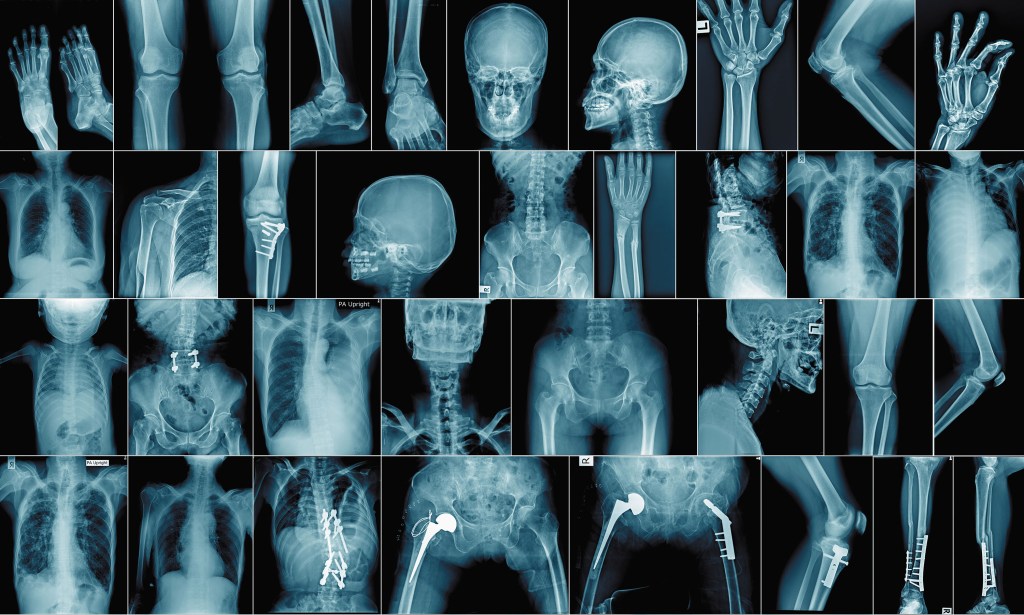Amateur Hour?
By: Jeff Mowatt
Judging by the way we elect some of our political leaders, you’d think the three most important qualities to leadership are popularity, an outgoing personality and loyalty to your supporters.
But when you’re the “top dog” in an organization, there’s a more effective way to strengthen customer loyalty, increase spending per customer and enhance team spirit. How can you separate yourself from the amateurs who have a title, but nothing beneath the surface? By sniffing out the right information.
Amateur leaders think the key to increased profits is to simply reduce costs and work harder. The flaw in this leadership style is that efficiency is usually not the problem. The problem usually lies with their products and services not staying attuned to the needs of the marketplace.
To a professional leader, there’s no use in finding a faster way to climb the ladder if the ladder’s leaning on the wrong wall. Leaders constantly, systematically and proactively check to make sure they are heading in the right direction. Here are some tips for how you can do the same:
Ask your competition. Professionals learn to innovate by discussing issues with their competitors. Sound absurd? Join your trade association. It’s filled with competitors who recognize that none of us is as smart as all of us. Amateur leaders shun the competition, but professionals understand that today’s competitor may be tomorrow’s business partner.
Ask your customers. Amateurs think they understand the needs of their customers because they do business with them. But how many times have you eaten at a restaurant and decided that you wouldn’t go back? Statistically, only one out of every 27 dissatisfied customers actually complains. Amateurs wonder why business is dropping off, but professionals regularly test and verify client satisfaction.
Consider using local business students to conduct surveys. Students get huge response rates. Wouldn’t you be more likely to answer a few questions to “help a student with their class project?” Bonus: Students are a whole lot cheaper than commercial firms.
Ask your employees. After all, they’re closer to the customers than you are.
Educate yourself. Amateurs are know-it-alls. They seem to believe they’re supposed to come up with all the good ideas. But professionals rely on the success of others and apply it to their own practices, reading books, listening to tapes and attending seminars to soak up more knowledge.
Jeff Mowatt is a customer service strategist and professional speaker.
SIDEBAR: The Art of Underpromising
Amateur leaders ooze golden promises and good intentions because they think the key to being successful is popularity. In other words, they lie a lot.
Professional leaders know their most valuable asset is their personal reputation. It’s simply not worth jeopardizing that reputation by making a commitment they may not be able to keep. So professionals make a practice of underpromising and overdelivering. —J.M.










